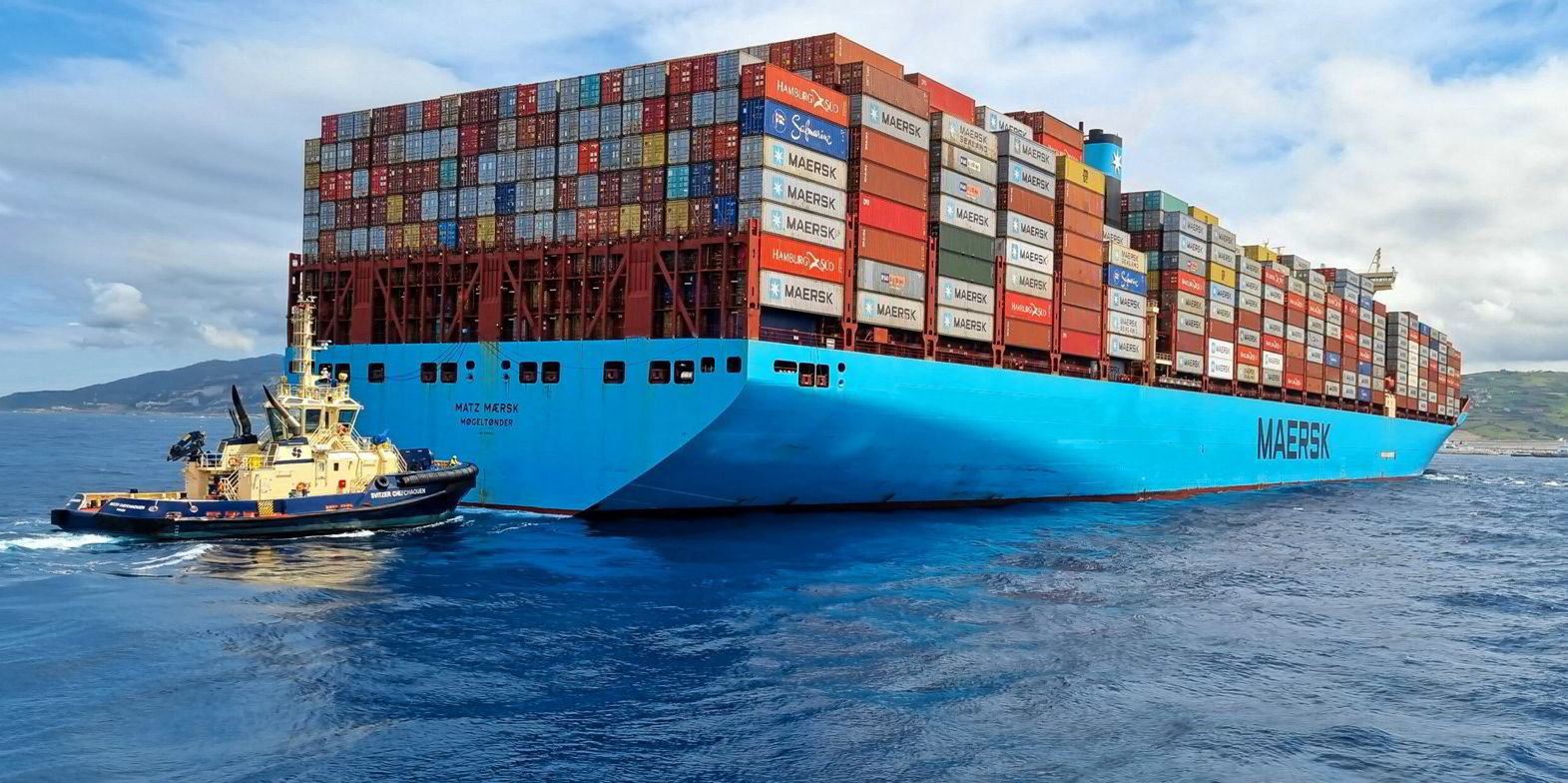AP Moller-Maersk and Volvo have agreed to use biodiesel to ship car components worldwide.
The move involves the Danish shipowner’s decarbonisation product ECO Delivery Ocean.
Maersk will substitute fossil fuels on its ships with second-generation biodiesel based on waste feedstocks to reduce greenhouse gas (GHG) emissions directly in the ocean supply chain, without compensatory measures like offsetting.
The bunkering will mean “a small and fixed additional cost,” Maersk said.
Almost 15,000 containers will be shipped in the collaboration, allowing Volvo to cut GHG output by 28,000 tonnes within the next year.
Shipments will contain production material destined for Volvo’s factories in China, Europe and the Americas, as well as spare parts.
The first vessel left in June.
Both groups are aiming for net-zero by 2040.
“Sharing this ambitious pace in the decarbonisation, we are joining forces to maximise the progress towards net-zero supply chains,” said Birna Odefors, managing director of Maersk’s Nordic operations.
“Renewable fuel is not the end game for removing CO2 from the world’s ocean freight needs. Yet this initiative shows that we can act now and implement solutions that achieve significant results during the wait for long-term technological alternatives,” added Javier Varela, chief operating officer and deputy CEO of Volvo Cars.
Maersk’s green fuels and its supply chain are verified by the International Sustainability and Carbon Certification (ISCC) through proof of sustainability documentation.
The process is audited by accountancy firm PwC.
The group is also pioneering green methanol as a fuel for its new ships, with the first vessel due to leave South Korea in a couple of weeks.




